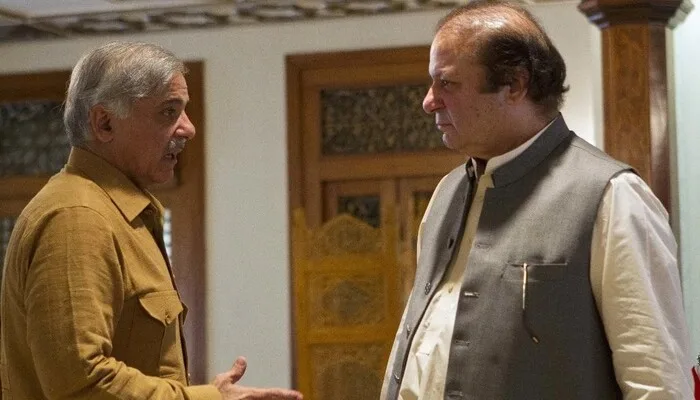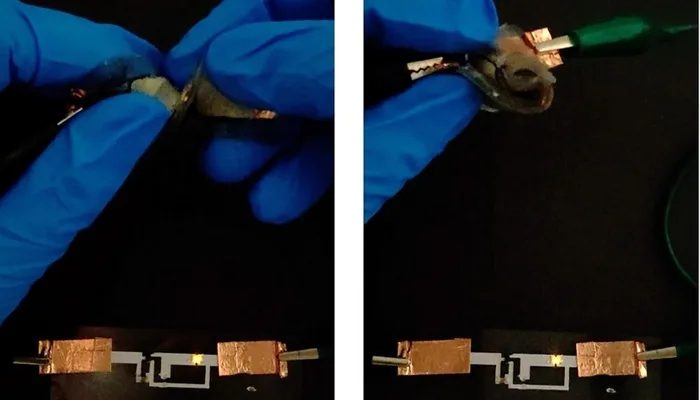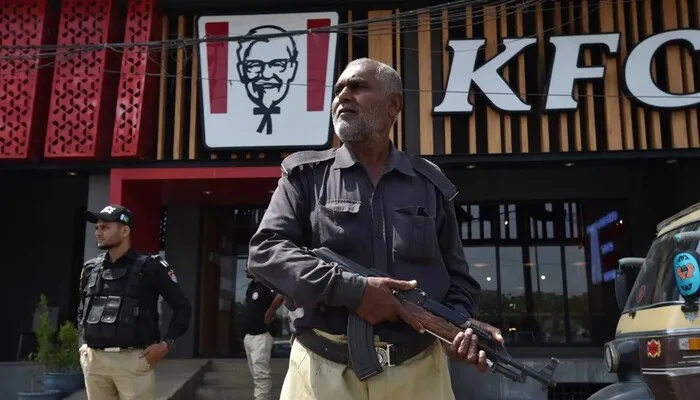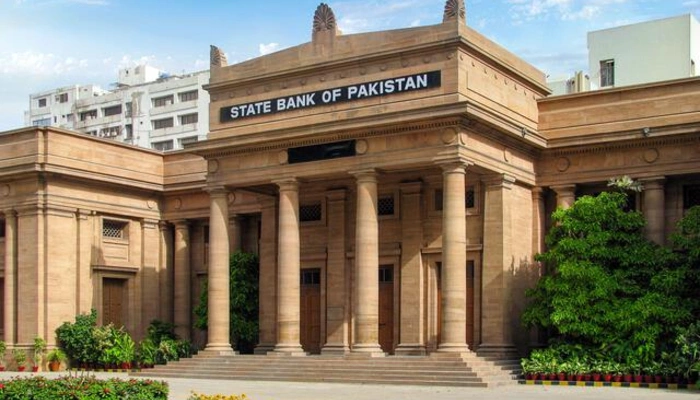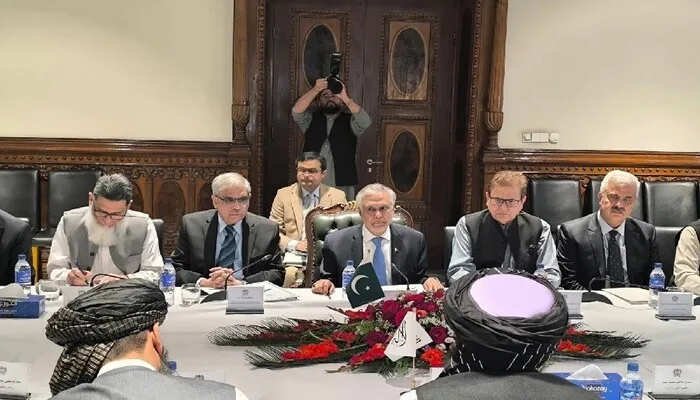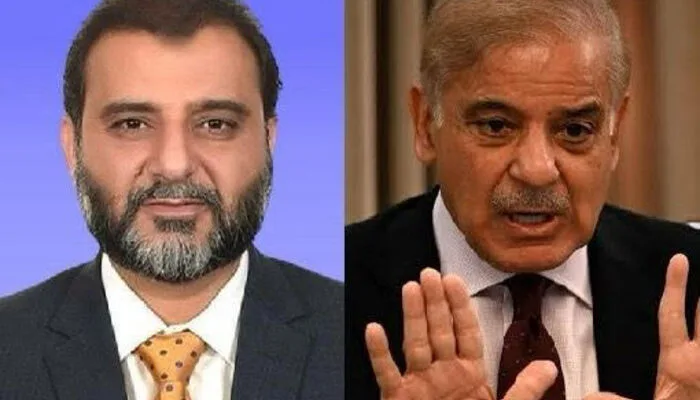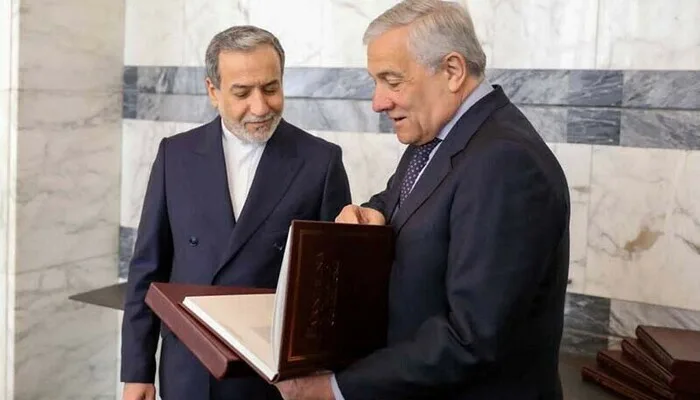
In a significant diplomatic development, Iran and the United States have agreed to assign technical experts to draft a framework for a new Iran nuclear deal, according to Iranian officials. This breakthrough followed a second indirect meeting between both nations amid rising tensions and threats of military action.
Progress in Rome Talks
Iranian Foreign Minister Abbas Araqchi held a nearly four-hour negotiation in Rome with US envoy Steve Witkoff. The two sides communicated indirectly through an Omani mediator. This meeting marked their second interaction in a week and appeared to be more productive than earlier talks.
Araqchi described the discussions as “useful and constructive” during an interview on Iranian state television. He stated that while no final agreement has been reached, the talks succeeded in clarifying core principles and goals.
Expert-Level Talks Begin Next Week
Following the Rome discussions, both countries agreed to shift the negotiation phase from high-level diplomacy to technical planning. Starting Wednesday, expert-level talks will begin in Oman. These experts will focus on creating a structured framework for a potential deal that addresses nuclear limits and sanctions relief.
Araqchi said the next top-level diplomatic meeting will take place next Saturday in Oman. During this session, negotiators will review the expert teams’ proposals and determine if the suggested framework aligns with the agreed principles.
Trump’s Firm Stance
Former President Donald Trump, who withdrew the US from the 2015 nuclear agreement in 2018, has taken a hardline approach. Speaking to reporters recently, he reiterated his objective: “I’m for stopping Iran, very simply, from having a nuclear weapon. They can’t have a nuclear weapon. I want Iran to be great and prosperous and terrific.”
This uncompromising stance reflects Washington’s pressure on Tehran to limit its nuclear program. However, Iran maintains that its nuclear ambitions are peaceful and focused solely on civilian energy.
Read: Dar’s Diplomatic Visit to Kabul Focuses on Relations
Iran’s Conditions and Caution
Despite the progress, Iran remains cautious. Araqchi reflected this sentiment, stating, “We cannot say for certain that we are optimistic. We are acting very cautiously. There is no reason either to be overly pessimistic.”
Iran has drawn clear red lines in the negotiations. A senior Iranian official, speaking anonymously, outlined the country’s conditions. Iran will not dismantle its uranium-enriching centrifuges, halt enrichment altogether, or reduce its stockpile of enriched uranium below the levels permitted under the original 2015 deal.
Israeli Concerns and Regional Tensions
Meanwhile, Israel has voiced strong opposition to any revival of the 2015 deal. According to insiders, Israeli officials have not ruled out the possibility of military action against Iran’s nuclear facilities in the coming months.
Iran has significantly exceeded the limits set in the previous agreement since 2019. Its current stockpile and enrichment levels far surpass what Western nations consider necessary for a civilian energy program.
All Eyes on Oman
As expert teams prepare to meet in Oman, global attention turns to the Persian Gulf, where the next phase of these delicate talks will unfold. Whether the United States and Iran can bridge their longstanding differences and prevent further escalation now rests with the experts at the negotiating table.
Follow us on Google News, Instagram, YouTube, Facebook,Whats App, and TikTok for latest updates



